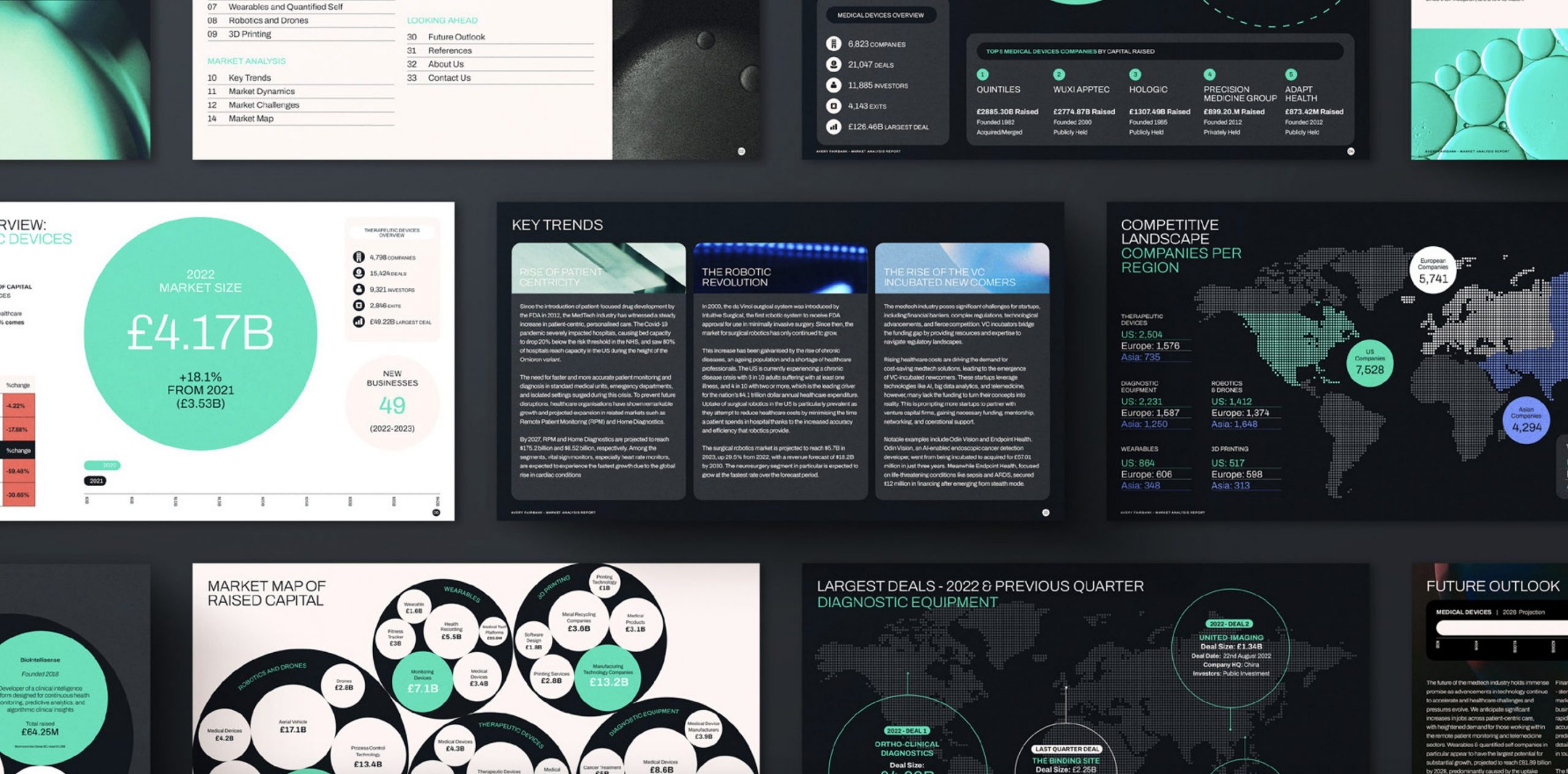November 27, 2023
Across the globe, industrial activities are being transformed by the integration of IoT and AI. From smart energy grids and predictive maintenance sensors to wearable technologies like smartwatches and AR/VR goggles, the synergy of IoT and AI is unlocking data potential at an unprecedented pace.
No industry is immune to the benefits offered by IoT and AI, and agriculture is no exception.
These technologies have revolutionised agriculture, addressing a critical global challenge: narrowing the gap between food demand and supply.
In agriculture, leveraging technologies such as AI, ML, IoT, analytics, and blockchain is crucial. They not only promote intelligent farming practices but also significantly reduce stakes and input costs by 40–60%, enhancing savings and yields while maintaining soil fertility.
A recent study indicates that AI in agriculture is expected to grow at a CAGR of 25.5%, reaching $4 billion by 2026. The increasing demand for food and diminishing natural resources are the primary drivers of AI adoption in agriculture. Technological breakthroughs are sparking a revolution in this sector, attracting new stakeholders to this agricultural transformation. Businesses are now engaging top-tier agri-tech mobile app development companies in the USA to create scalable agri-tech software solutions, aiming to streamline farming processes.
AI’s Emergence in Transforming Agriculture
Although still in its early stages, AI is beginning to significantly transform agricultural practices. It enhances agricultural consulting services, supports farmers, and brings fairness and clarity to post-harvest value chains. This potential has led to a surge in startups in this field.
Enhancing Crop and Soil Monitoring
Traditionally, crop and soil monitoring relied on manual inspection, which lacked precision and timeliness. Now, aerial data captured by drones (UAVs) can be processed through computer vision models for accurate and informed monitoring of crop and soil conditions. AI-powered visual sensing can:
- Accurately track crop health and predict yields
- Quickly identify nutritional deficiencies in crops
- Enable farmers to promptly address issues in specific areas
Agriculture software development is empowering farmers to utilise AI for various tasks, including crop planning, reporting, inventory management, accounting, and equipment maintenance.
Advancements in Crop Maturity Observation
Manual observation of crop growth stages, such as in wheat, is labour-intensive and can benefit significantly from AI in precision agriculture. Researchers have developed a “two-step coarse-to-fine wheat ear identification system” using images collected over three years under different conditions. This AI model can identify wheat growth stages more accurately than human observation, reducing the need for frequent manual field inspections.
Detecting Insect and Plant Diseases
AI and ML are not only effective for assessing crop fertility or maturity but also excel in detecting unpredictable conditions like plant diseases and pests. Deep learning-based image recognition technology can autonomously monitor plant health, identifying diseases and pests through image classification, detection, and segmentation.
Revolutionising Intelligent Spraying
Apart from problem identification, computer vision AI deployed in drones also aids in problem prevention by enabling automated and precise application of fertilisers or pesticides. Real-time target area detection ensures accurate spraying, minimising the risk of contamination to water supplies, crops, and living beings.
Innovations in Unmanned Weeding
AI is not limited to intelligent spraying; it also extends to direct plant management through AI-based robotic weeders. These robots not only detect but also eliminate unwanted plants, offering a more hands-off approach to weeding for farmers. The integration of AI in detecting and addressing weed issues marks a substantial leap in agricultural efficiency and productivity.
Advancing AI’s Role in Future Agriculture
Agritech specialists anticipate a growing reliance on artificial intelligence (AI) within agritech companies to enhance crop insurance and lending solutions. This advancement will involve the use of AI to improve training and validation processes for scaling solutions that utilise satellite data.
Given the vast diversity in crop types, staggered sowing periods, and the slow-paced nature of conventional crop-cutting experiments for yield assessments, AI is expected to play a crucial role in enabling rapid on-ground yield evaluations. This development will open up new avenues for efficiently employing AI in agriculture, particularly in yield estimation and related areas.
Our team excels in sourcing top talent in the realm of Artificial Intelligence, especially in the agritech sector. We’re dedicated to positioning your organisation at the forefront of this swiftly evolving field. If your goal is to strengthen your team with professionals adept at driving AI innovations in agritech, we’re your go-to partner. Discover how our bespoke executive search services can benefit you by visiting our website. For a consultation specifically catered to your unique needs in the agritech industry, feel free to contact us at your convenience.

Published on 27-11-2023


